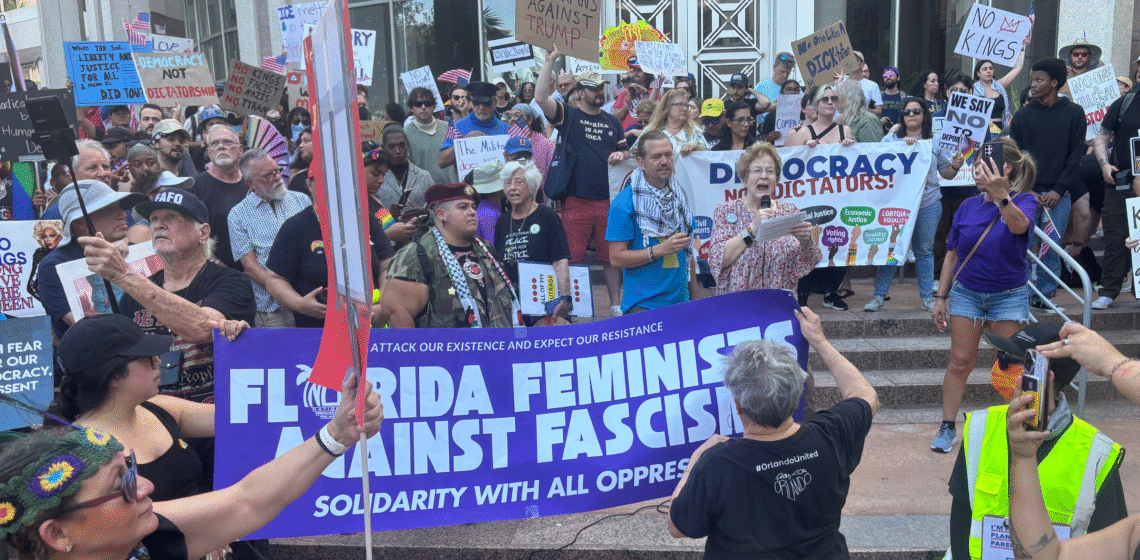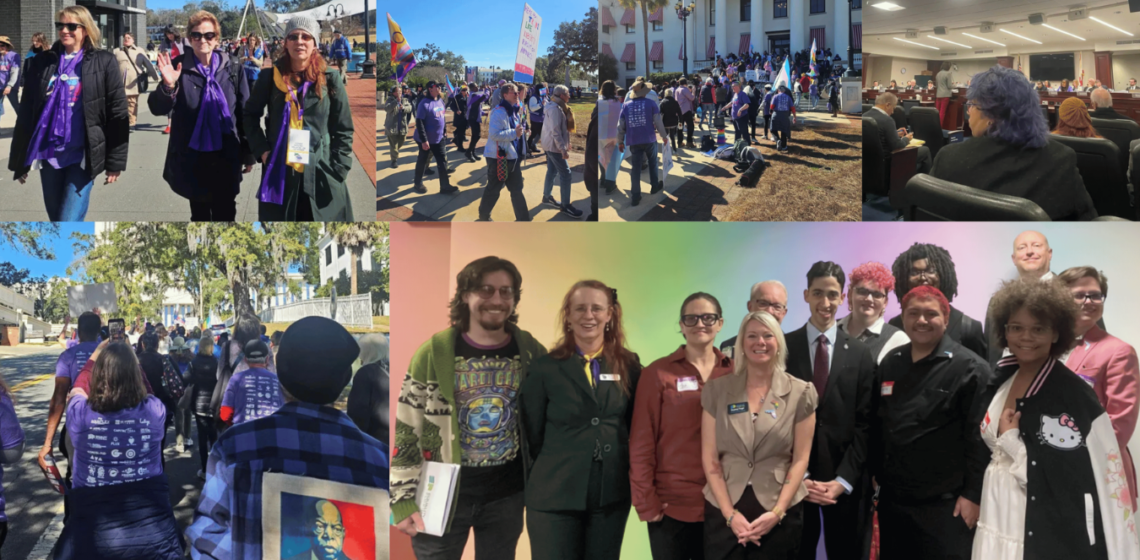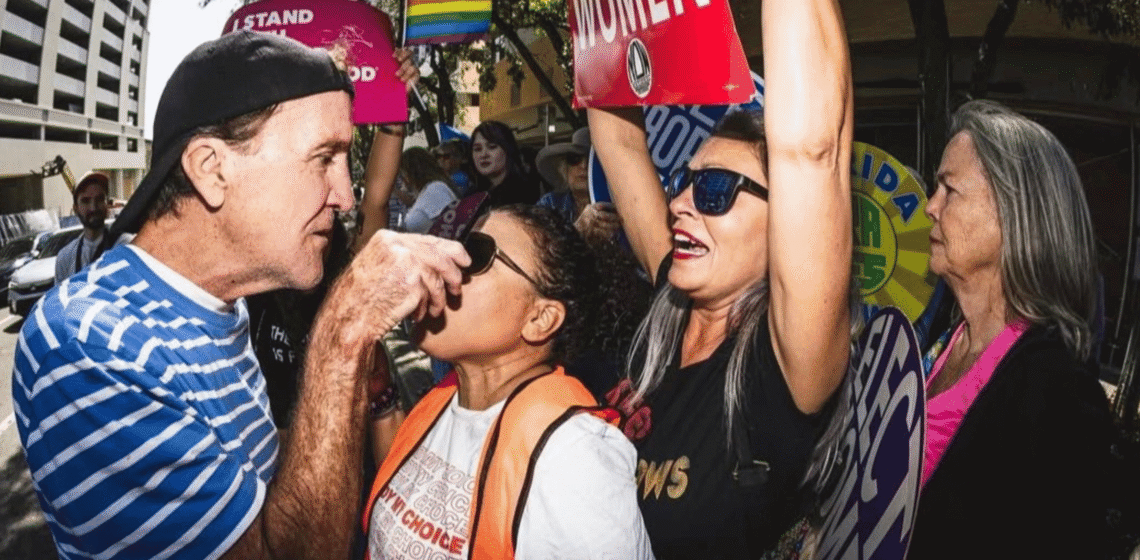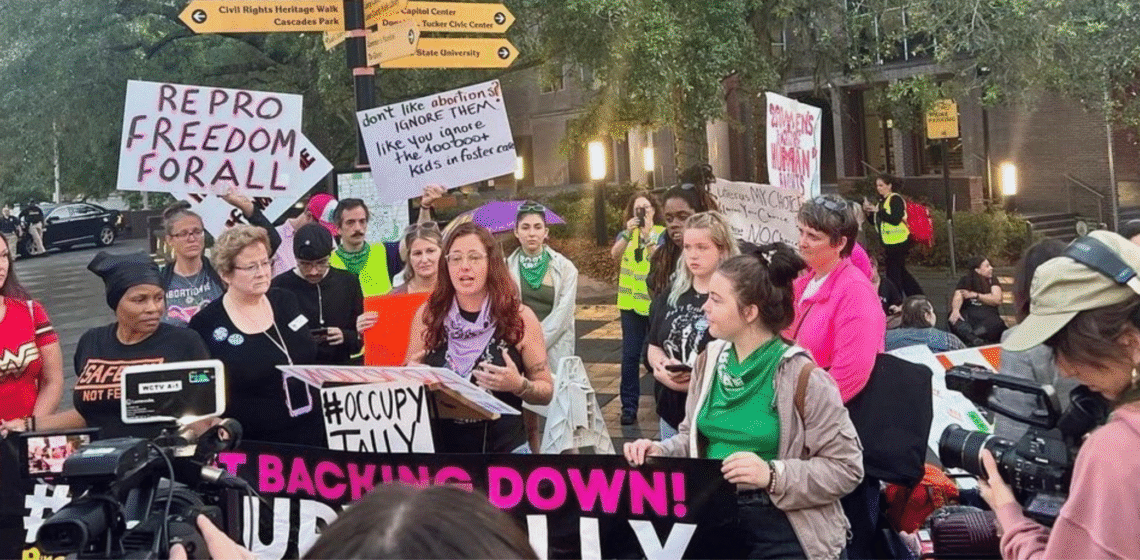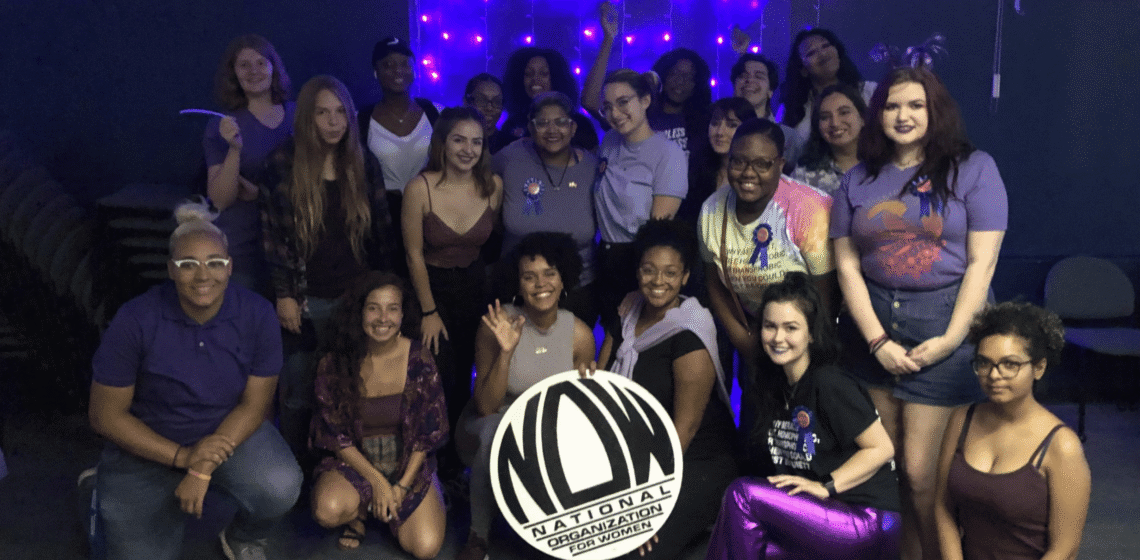We should ALL be free to make our own decisions about our bodies, lives, and futures. Every pregnancy is different, which is why every person must be able to make their own decisions about what is best for them.
Everyone experiencing a health emergency should be able to get the care they need—including an abortion—without political interference. 86% of people support protecting access to abortions for patients who are experiencing pregnancy-related emergencies.
The potential far-reaching impacts of the Court’s decision:
The Supreme Court may soon decide if states can deny pregnant people the emergency care they urgently need. The Emergency Medical Treatment and Labor Act (EMTALA) is a nearly 40 year old federal law guaranteeing everyone treatment for emergency medical conditions, nationwide. But anti-abortion extremists want to exclude pregnant people from this protection, and force doctors to turn away patients suffering emergency pregnancy complications.
If the Supreme Court sides with extremists, it would mean excluding pregnant people from the right to treatment for emergency medical conditions. Anti-abortion extremists are using this case to make it easier to ban emergency abortion care nationwide.
EMTALA guarantees everyone a basic right to emergency care:
EMTALA is a long-settled federal law that guarantees everyone the right to treatment for emergency medical conditions nationwide. For nearly 40 years, EMTALA has guaranteed that in an emergency, patients will receive the stabilizing care they need, regardless of any factor—including pregnancy. It’s a bedrock of patient rights in our country.
EMTALA has always protected pregnant people in medical emergencies, and required stabilizing emergency abortion care. EMTALA contains no exceptions: hospitals must provide the treatment necessary to stabilize emergency medical conditions, and for some people, that means ending a pregnancy.
The critical importance of emergency care for pregnant people:
EMTALA saves lives. During a devastating, nationwide maternal mortality crisis, EMTALA plays a critical role in helping to stabilize pregnant people facing emergencies. Studies show at least a third of pregnancies involve ER visits, and up to 15% include potentially life-threatening conditions. But Idaho’s abortion ban endangers pregnant people who face medical emergencies by denying them the care they need.
Pregnant people, their families, and communities suffer lifelong consequences from being denied the emergency abortion care they need. In Idaho, Texas, and other states around the country, pregnant people have been turned away from hospitals, unable to get the emergency care they need. Some have been forced to beg hospitals or courts for that care. Being denied care has resulted in, and will continue to result in, increased maternal health complications, and negative, long-term health effects for pregnant people, including loss of future fertility.
Black and Indigenous women—who currently face high rates of maternal mortality and morbidity—will face disproportionate harm if pregnant people are excluded from EMTALA’s protections. Additionally, a bad Supreme Court ruling will also harm those who visit ERs at disproportionate rates due to systemic barriers to health care. This includes pregnant patients who live in rural areas, have low incomes, are Latinx, Black or Indigenous, or are immigrants. Harm will be compounded for pregnant people who both disproportionately access ERs and face maternal mortality and morbidity inequities.
Politicians are stopping health care providers from doing their jobs:
Anti-abortion politicians are threatening health care providers with jail time and civil penalties for doing their jobs. Providers face the threat of prosecution, confusion, and delays as they are forced to wait for lawyers to tell them whether they can provide the emergency care their pregnant patients urgently need. If SCOTUS rules in favor of anti-abortion extremists in this case, it will further worsen the fear in the medical community that deters health care professionals from providing abortions in emergency situations, and will force medical staff to put patients’ health and lives at risk.
Anti-abortion politicians are forcing health care providers to violate their medical training, judgment, and the standard of care, to further their own agenda. Many pregnant people lived in maternal care deserts before the Dobbs decision, and the Supreme Court decision to take away our constitutional right to abortion has only exacerbated this crisis. Abortion bans are forcing OB-GYNs to leave states, leaving pregnant people in states like Idaho with little to no maternal health care, and ultimately increasing maternal mortality rates in states with restrictive abortion laws.
Contextualizing this case alongside larger efforts of anti-abortion extremists:
This case is part of a broader strategy to ban abortion and other reproductive health care altogether. Anti-abortion extremists want to ban abortion nationwide, and they will do whatever it takes for that to happen, from banning abortion to eliminating access to medication abortion to gutting rights to emergency care. These same extremists are also pushing a strategy for legal rights for fetuses and embryos that override the rights of a pregnant person, threatening nationwide access to fertility care and birth control as well as abortion care. And they are criminalizing doctors and other health care providers and personnel who help pregnant people in emergency situations.
The fact that anti-abortion extremists are attacking emergency care for pregnant people shows that they care more about imposing their own personal beliefs on everyone else than the actual lives and health of pregnant people. They do not care if pregnant people die, suffer significant pain and trauma, or lose the ability to have children in the future. Those outcomes are by design; they are no accident.
We’re fighting for so much more—to put an end to these cruel and constant attacks on our freedom and make sure that everyone can get the abortion care they need. We won’t stop until abortion is affordable, widely available, and readily accessible to anyone who needs it.
